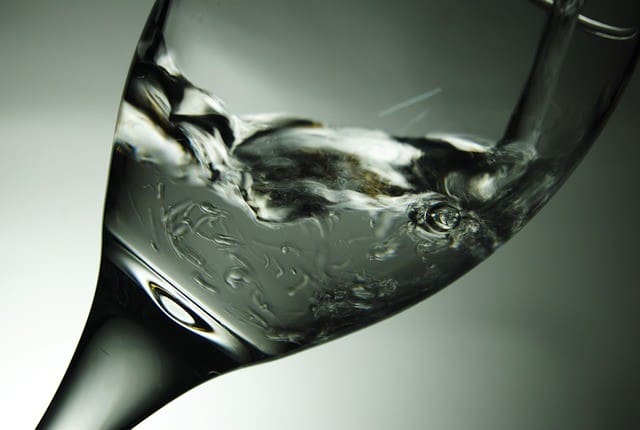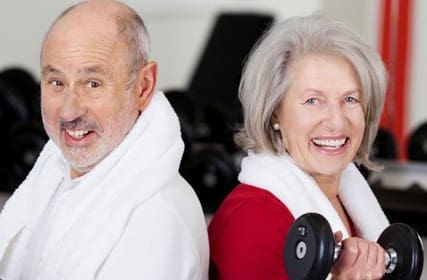

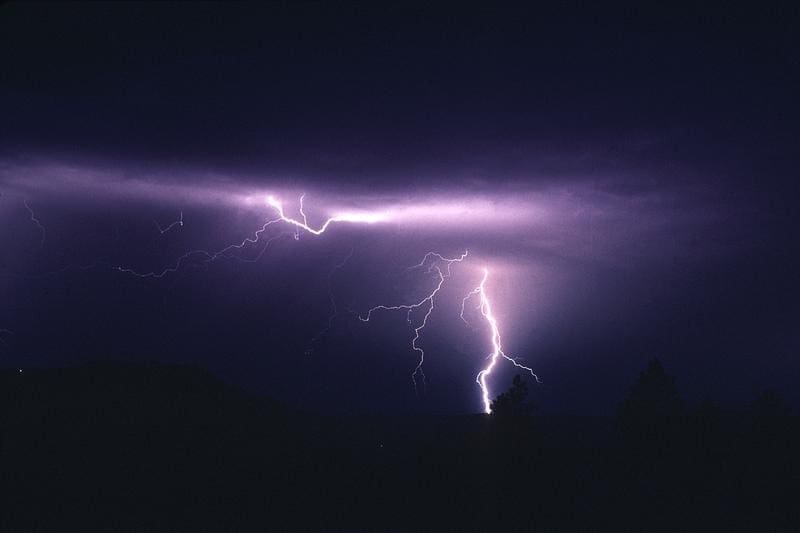
Stomach Acid: Most People Have Too Little, Not Too Much
Often what is mistakenly interpreted as too much stomach acid is actually a lack of it. Hydrochloric acid tends to decrease with age. On average, a 40 year old will have 15% less HCL than they had at age 25, and by 65 they have 85% less. Hydrochloric acid can be...
Your Health As Your Most Important Investment
Did you know that the word “wealth” comes from the Old English words “weal” (well-being) and “th” (condition) which taken together means “the condition of well-being”? Many of us associate good health (mental, emotional, and physical) with the term “well being” and...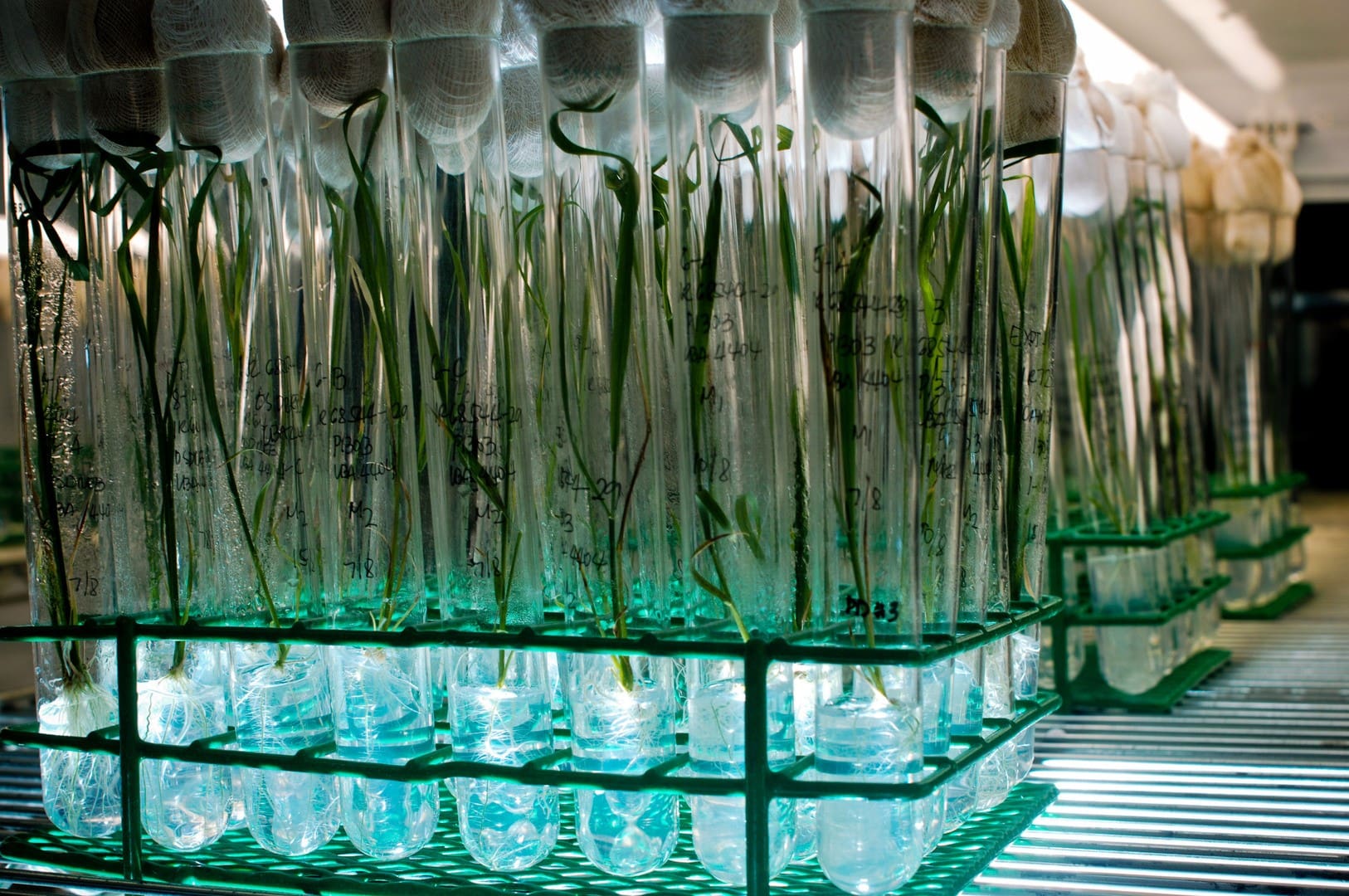
Genetically Modified Foods
“Frankenstein food”, as G.M.F.’s are sometimes referred to, are foods made with genetically modified organisms. They are most commonly soy, corn, cottonseed, and canola, although other agricultural foods, ranging from alfalfa to zucchini, now also contain a...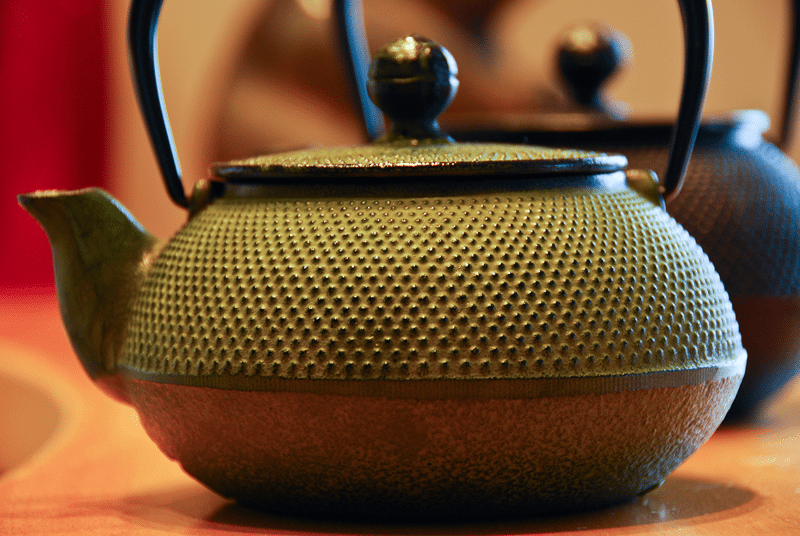
Coffee, Tea, or Minerals? It’s All In The Timing
Coffee has more caffeine than tea and true teas have more tannins than coffee. Aside from water, tea is the world’s most popular beverage (green being the most common). Drinking tea or coffee with your meals can limit how much iron (needed for red blood cells) and...